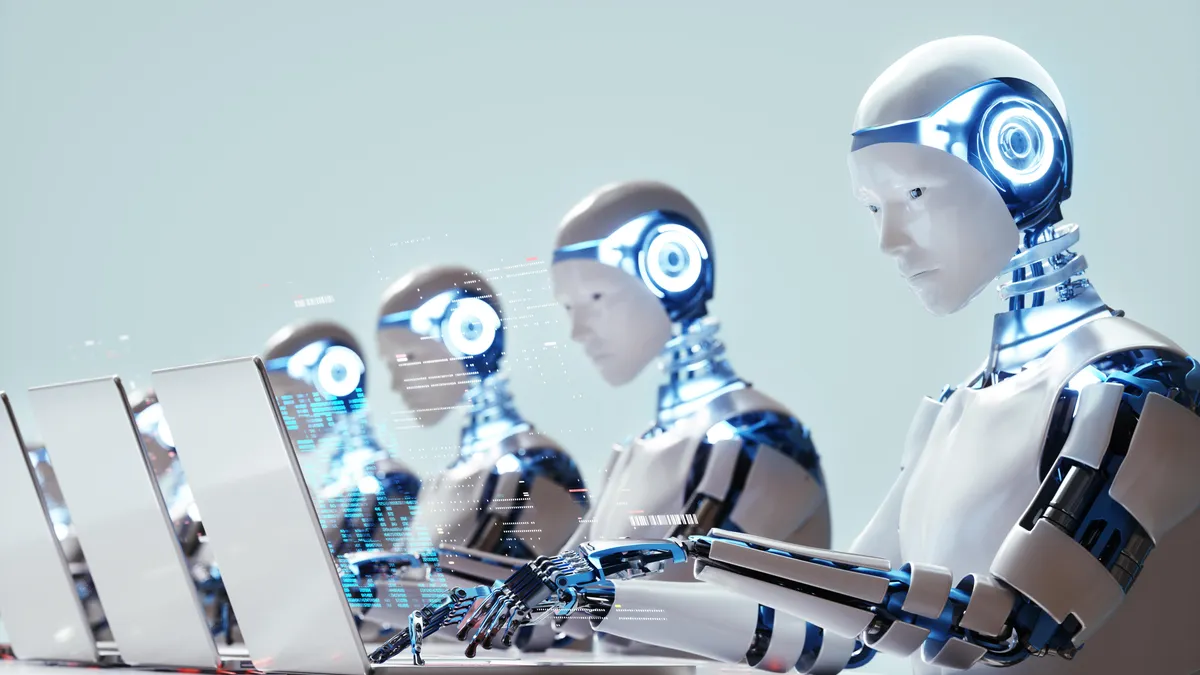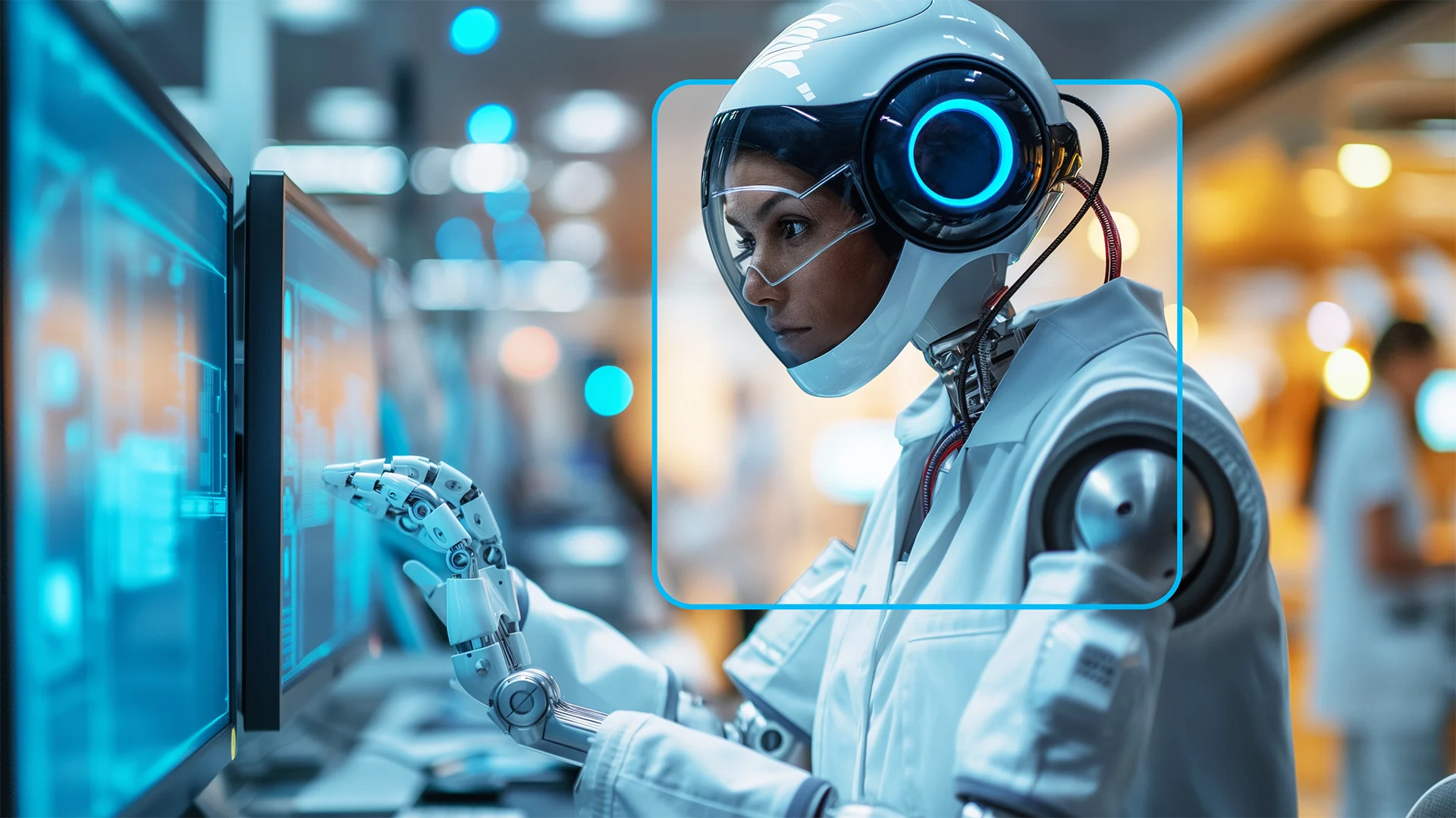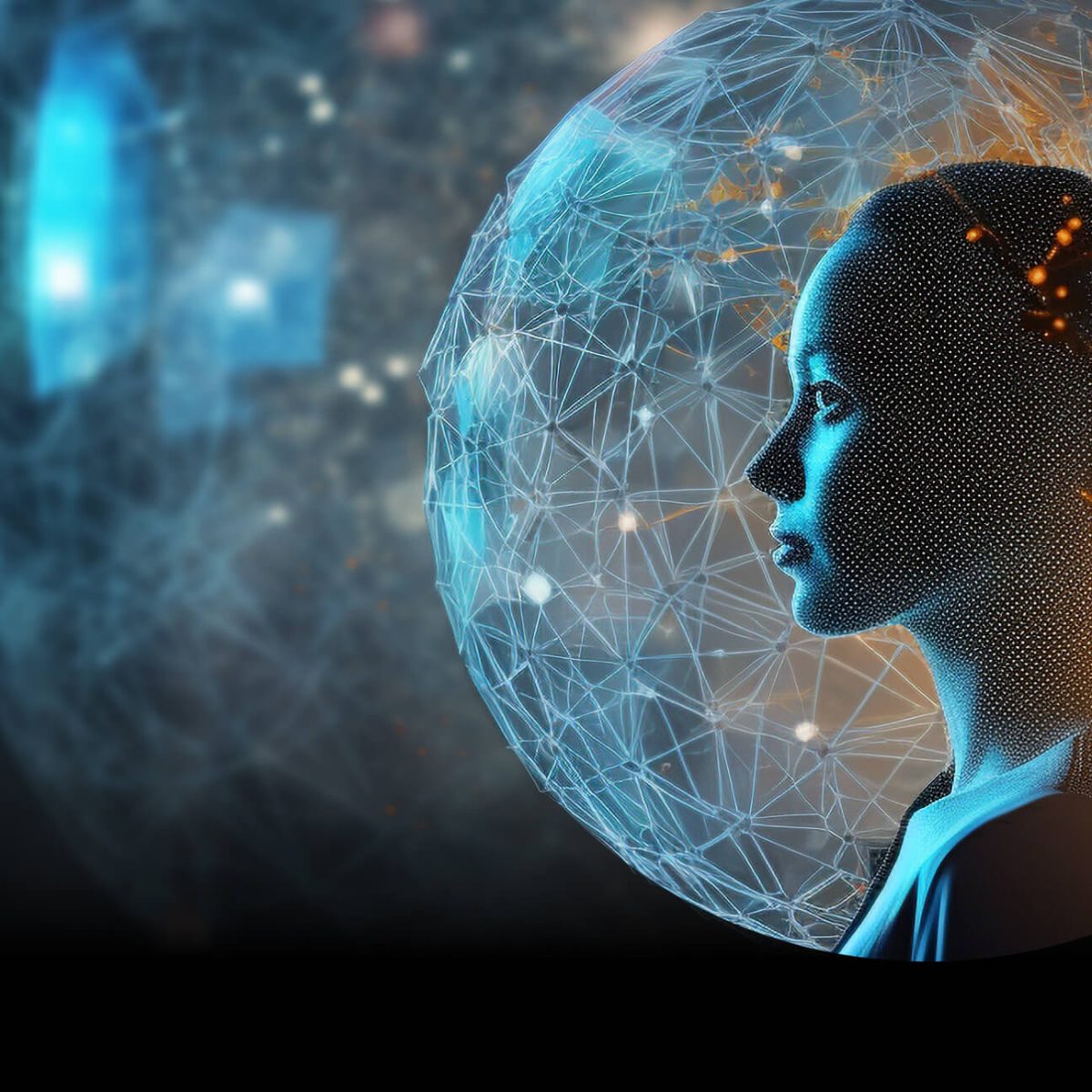In 2025, it’s impossible to talk about technology without mentioning artificial intelligence (AI). From voice assistants and chatbots to self-driving cars and predictive healthcare, AI has become the central force driving innovation across industries. The phrase “AI-powered” is no longer a buzzword—it’s a standard feature in most modern technology. As the world becomes increasingly digital, the influence of AI continues to grow, redefining how we live, work, and connect.
1. The Ubiquity of Artificial Intelligence
A few years ago, AI was seen as a futuristic concept reserved for tech giants like Google, Amazon, and Microsoft. Today, AI is everywhere. Smartphones use AI to optimize battery life and improve camera quality. Streaming platforms rely on machine learning to recommend movies and music. Even small businesses use AI-driven tools for customer service, marketing, and data analytics.
The reason behind this ubiquity is accessibility. With the rise of cloud-based AI services and open-source machine learning frameworks, companies of all sizes can now harness AI’s power without massive investments. Tools like ChatGPT, Midjourney, and Google’s Gemini have democratized AI, allowing users—from students to developers—to experiment and create with unprecedented ease.
2. AI in the Workplace: From Automation to Augmentation
AI’s impact on the workplace has been profound. Automation, once feared as a job destroyer, is now being reframed as a productivity enhancer. Instead of replacing humans, AI often augments their abilities. For instance, customer service representatives use AI chatbots to handle basic inquiries, freeing them to focus on more complex issues. In creative industries, AI helps with idea generation, design optimization, and even content creation.
AI-powered analytics tools also help businesses make smarter decisions. Predictive models analyze historical data to forecast market trends, detect risks, and identify new opportunities. In manufacturing, AI-driven robotics improve precision and efficiency, reducing waste and human error. The result? A workplace that’s more efficient, data-driven, and adaptable.

3. The AI-Powered Consumer Experience
For consumers, AI has quietly transformed daily life. Virtual assistants like Siri, Alexa, and Google Assistant have evolved into true digital companions. They learn user preferences, anticipate needs, and integrate seamlessly across devices. Personalized recommendations on platforms like Netflix, Spotify, and Amazon are powered by deep learning algorithms that study user behavior in real time.
Moreover, AI is revolutionizing e-commerce. Chatbots provide 24/7 customer support, while visual search tools let users upload photos to find similar products instantly. AI-driven pricing models adjust costs dynamically based on demand, inventory, and market conditions—ensuring both competitiveness and profitability.
Even the automotive industry has embraced AI wholeheartedly. Self-driving technology continues to advance, with companies like Tesla and Waymo refining autonomous systems that promise safer and more efficient transportation. Smart vehicles equipped with AI analyze driver behavior, predict maintenance needs, and offer adaptive navigation based on real-time traffic data.
4. AI in Healthcare: The Next Frontier
Healthcare has become one of the most promising fields for AI innovation. Machine learning algorithms now assist in diagnosing diseases, analyzing medical images, and predicting patient outcomes with remarkable accuracy. For example, AI systems can detect early signs of cancer from scans, often faster and more accurately than human radiologists.
AI-powered tools also personalize treatment plans. By analyzing a patient’s genetic profile, lifestyle, and medical history, algorithms can recommend tailored therapies and predict potential drug reactions. This data-driven approach not only improves patient outcomes but also reduces healthcare costs and prevents misdiagnoses.
Telemedicine platforms have further integrated AI to streamline virtual consultations, analyze symptoms, and even provide mental health support through conversational agents. In a world where healthcare access remains uneven, AI offers a scalable solution that brings medical expertise closer to everyone.
5. The Ethical Dilemma: Balancing Innovation and Responsibility
As AI grows more powerful, ethical questions become harder to ignore. Issues like data privacy, algorithmic bias, and misinformation have emerged as serious concerns. AI systems learn from massive datasets, but if those datasets contain biases, the resulting algorithms can unintentionally reinforce discrimination.
For instance, hiring algorithms trained on biased historical data may favor certain demographics over others. Facial recognition technology has faced criticism for misidentifying people of color. And with generative AI tools capable of producing deepfakes and realistic synthetic voices, misinformation is harder to detect than ever before.
Regulators worldwide are responding. The European Union’s AI Act, set to take effect in 2026, aims to classify AI systems by risk level and enforce transparency requirements. Major tech companies have also pledged to develop “ethical AI” frameworks that ensure fairness, accountability, and privacy. However, creating AI that’s both powerful and ethical remains one of the biggest challenges of this decade.
6. The Future of AI: Towards General Intelligence
While current AI systems excel at specific tasks—like recognizing images or generating text—they still lack general intelligence, or the ability to understand and reason like a human. Researchers are working toward Artificial General Intelligence (AGI), a milestone that could transform civilization as profoundly as electricity or the internet did.
Companies such as OpenAI, DeepMind, and Anthropic are exploring large-scale neural networks that can reason, learn, and adapt across multiple domains. While AGI remains theoretical, every advancement in deep learning and multimodal AI (systems that understand text, images, audio, and video) brings us closer.

7. Conclusion: A Future Built on Intelligent Collaboration
Artificial intelligence is no longer a tool—it’s a partner. It enhances human creativity, accelerates innovation, and opens new possibilities across every field. From healthcare to education, from entertainment to engineering, AI is weaving itself into the fabric of modern life.
Yet, with great power comes great responsibility. The challenge for humanity isn’t just to create smarter machines, but to use them wisely. The future of AI—and of technology itself—depends on balance: between efficiency and ethics, automation and empathy, innovation and inclusion.
As we stand on the threshold of an AI-driven era, one thing is certain: the future won’t be written by humans alone. It will be co-authored by us and the intelligent systems we create—together shaping a world more connected, creative, and conscious than ever before.

